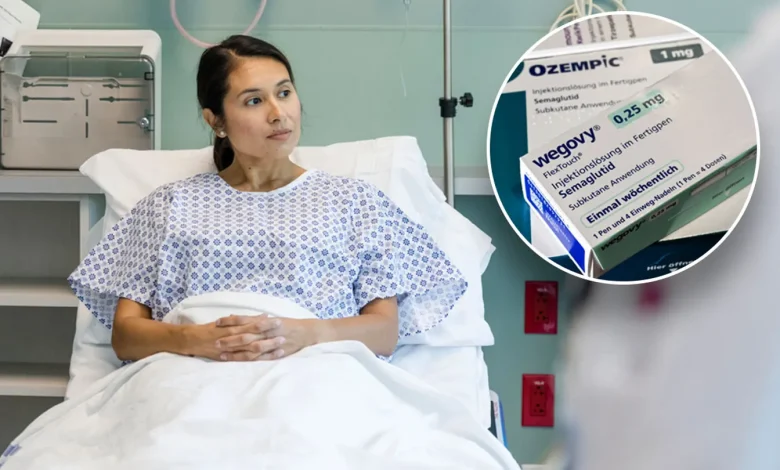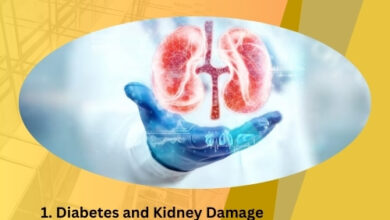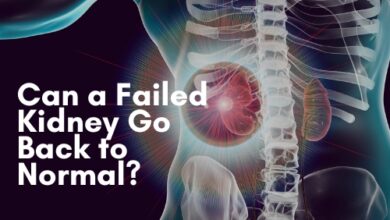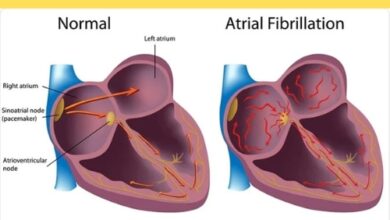Ozempic patients may face dangerous risks during surgery, doctors warn
Experts say it's best to pause diabetes or weight-loss medications prior to surgical procedures

Recent study has indicated that surgical difficulties may arise for patients on GLP-1 drugs, including but not limited to Ozempic, Wegovy, Mounjaro, and others.
Even if they had adhered to pre-op fasting guidelines, over half of the GLP-1-using patients in one research led by UTHealth Houston had “significant gastric contents” before to surgery, per a news release on the school’s website.
When food or liquid is breathed into the lungs, it can result in pulmonary aspiration, a potentially fatal condition.
Patients with type 2 diabetes or obesity are frequently taken GLP-1 (glucagon-like peptide) receptor agonists in order to help stabilise blood glucose levels and aid in weight loss.
Food remains in the stomach for longer because these drugs slow down digestion, according to Dr. Alfred Bonati, who founded the Bonati Spine Institute in Florida.
Bonati cautioned that pulmonary aspiration can result in serious lung damage, infections, or even death.
“General anaesthesia can also cause nausea, and the slowed digestion from weight-loss meds can exacerbate this, leading to a higher risk of vomiting during surgery,” he stated.
A board-certified neurosurgeon and section chief at St. Mary’s Medical Centre in Florida, Dr. Brett Osborn, always suggests to his patients taking GLP-1 agonists to cease taking the drug at least one week before to surgery.
Apart from aspiration, Osborn cautioned about the heightened possibility of postoperative ileus, a digestive disorder that arises following surgery.
“This could predispose patients to significant problems, including bowel ischaemia (a rare circulatory condition that occurs when blood flow to the intestines is reduced),” he stated to Fox News Digital.
According to Osborn, healing is a secondary concern for individuals on GLP-1s.
“Those following a hypocaloric diet, as is the case with patients on GLP-1 agonists, may potentially inhibit healing and recovery from surgery, which requires a caloric surplus, particularly from protein-laden foods,” he stated.
According to Osborn, adequate nourishment is essential for tissue healing.
“By inducing a relative state of malnutrition, these medications can be problematic in perioperative patients.”
The medical director of Attune Med Spa in Connecticut, Dr. Jean-Carlos Jimenez, concurred that these drugs may cause issues during surgery.
“GLP-1 agonists can cause nausea, vomiting and something known as delayed gastric emptying, or gastroparesis — which means the stomach takes longer than usual to empty its contents into the small intestines,” he said in an email to Fox News Digital.
“Residual gastric content can increase the risk of pulmonary aspiration during anaesthesia and potentially worsen post-operative recovery.”
Because the process causes stress, surgery is also known to affect blood sugar levels, Jimenez continued.
Physicians concur that patients should discuss all of their drugs with their surgeon and anaesthesiologist due to these dangers.
According to Jimenez, patients might have to adhere to a clear liquid diet or fast for an extended length of time before undergoing some surgical operations.
“The timing of when to stop will depend on the type of GLP-1 agonists a patient uses, but can range from holding the daily dose on the day of surgery to holding the scheduled weekly dose one week before a planned procedure,” he stated to Fox News Digital.
Usually, GLP-1s can be resumed at the following scheduled dose, but the doctor should closely monitor the patient, the physician said.
According to Bonati, the type of surgery and the patient’s general health may have an impact on the timing.
“It’s crucial to follow the instructions provided by the health care providers, as they will tailor the advice to your individual health needs and the specifics of your surgery,” he stated.
The American Society of Anaesthesiologists released a statement in June 2023 alerting patients of the potential hazards and suggesting that they think about stopping their medication in the days or weeks before an elective surgical surgery.




